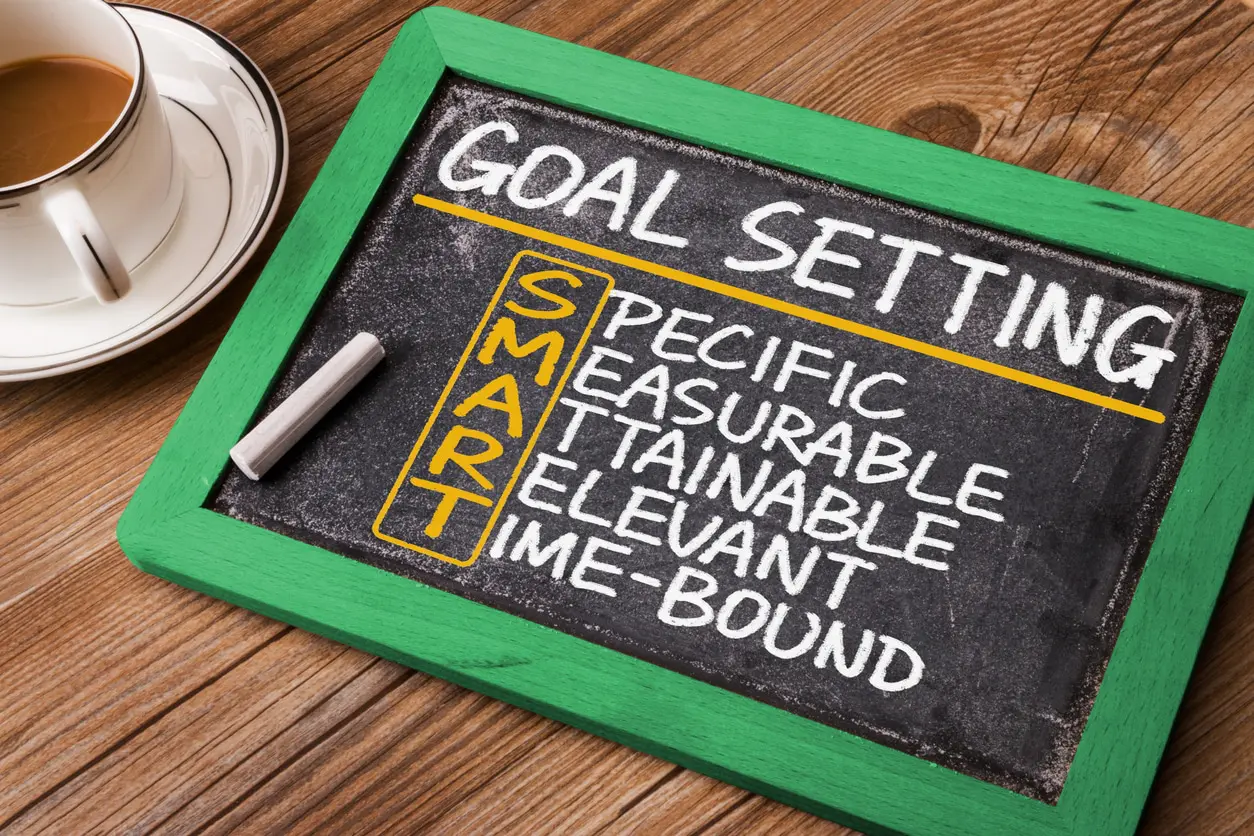We’ve all heard the saying “when you fail to plan, you plan to fail.” This gem of wisdom is relevant across all aspects of our lives; from health and fitness goals to relational, financial and business goals. You can’t jump into any new venture without an idea of your short and long-term goals. You need to have a clear picture of how you’re going to do it, who you need to help you, and most importantly why you are doing it. If you’re going to be successful in real estate in 2020, you need a plan. In our real estate goal setting podcast, we took an in-depth look at how to set real estate goals to set investors up for success.
Figure Out Your Why
We’ve discussed previously that you can all have the knowledge, resources and the best real estate team in the world to set you up for a career in real estate, but until you have a clear understanding about your “why” you’ll have a hard time getting started. Before you move any further, write down exactly what has motivated you to start this new adventure. Do you want to travel with your spouse? Pay for your daughter’s wedding? Fill your days with something meaningful after retirement? Have more time with your family? Knowing your why is the first step in successful goal setting.

Goal Settings
Once you have your why you must identify what you want to accomplish. And it must be specific. Instead of “I want to make a lot of money” you could say “I want to make double my current salary by my next birthday” or “I want to make a million before I turn 50.” People who have clear, realistic goals that are written down have been proven to be more successful at reaching their personal and business goals than those who don’t.
Define Your Wealth
If your goals are focused on wealth, it’s important to define what wealth means to you. Wealth doesn’t always mean money. It could mean abundance in any of these five key areas: Physical – Relational – Financial – Intellectual – Spiritual
Ask yourself what it will take to feel complete in each of these five key areas and work towards it.
The Wheel Of Life
Many successful real estate investors have adopted the “Wheel of Life” concept into their goal setting toolbox. The Wheel of Life is a visual tool to help you see which areas of your life need your immediate focus. Maybe the “relational” spoke of your wheel is short, meaning you don’t have meaningful relationships, are lacking quality friendships and never spend time with your family.
If this is the case, your wheel won’t roll correctly and your life may seem off balane. This imbalance will negatively affect all of the other spokes of your wheel as well. The concept of the wheel is to help you set short-term goals and find balance in all areas of your life.
Short-Term vs. Long-Term Goals
Successful investors can set both short and long-term goals. A short-term goal is something you plan to accomplish in less than a year, more specifically within a 3-6 month time span. Examples of smart personal goals that are short-term include:
- Find a private fitness trainer
- Cut out unnecessary spending
- Volunteer more often
- Keep your workspace neat/organized
These are things that you can accomplish in 3-6 months, and that can help you achieve good long-term goals such as losing weight, eliminating debt, becoming more active in the community or getting a promotion. To determine your long-term goals, ask yourself where you want to be in five years. These five-year goals may include things like owning a new business, get married, get out of debt, be at your best physical health, or visit a faraway place.
Self Discipline and Focus
Identifying your goals and writing them down is a great first step, but next comes the hard part. Crushing your goals requires serious commitment, discipline, and focus. It means doing the work when the work isn’t new and exciting anymore. It means doing what needs to be done when you’d rather be doing something else.
The sooner you realize that you are responsible for the results of your life, the sooner you will begin to see your desired results. Bad things happen.
Setbacks happen. But the way you bounce back from them is a true testament to your character and will be the difference between falling down and staying down.
Make A Real Estate Business Plan
To be successful in real estate, you must have a real estate business plan. This includes an overview of what you plan to accomplish, along with the specific action steps required to make it happen. Your plan should have a mission statement, specific goals, your strategies for meeting these goals, and a timeline. You will also need to define your market (for example, are you looking to purchase turnkey rentals, commercial buildings, or buy and holds?) Your business plan should also include specific criteria for deals you are willing to take. You should list the teams and systems in place to make things run smoothly, and an exit strategy or back up plan. It may seem like an extra step to sit down and focus on successful real estate goal setting, but it is a step you can’t afford to skip.

Find Your Niche
Along with having a solid business plan, you must understand where you fit in in the real estate game. Finding your real estate niche will help you weed out the strategies and deals that don’t help you meet your goals and focus on the ones that do. Ask yourself what you like to do, what you are good at, and if there is a need in your market for the strengths you can contribute. A solid understanding of the market and an in-depth analysis also doesn’t hurt your chance of being successful. Do your homework so that you have a better shot at jumping into the real estate world with a game plan that works.
As the late Zig Ziglar once said, “A goal properly set is halfway reached.”
Set S.M.A.R.T Goals
No matter what type of goals you are setting, you must always ask yourself if they are S.M.A.R.T: Specific, Measurable, Attainable, Realistic and Timed. As an investor, continually checking in to make sure your goals are SMART focuses your efforts and allows you to use your time and resources more effectively.
As you begin your adventure as a real estate investor, it’s ok to start small. Investing in turnkey rentals is a smart introduction to real estate investing for beginners. It allows the investor to get an idea of the entire process without bogging them down with the home acquisition process, the renovation of the home or looking for tenants. Regardless of what kind of real estate investment strategy you use, intentional goal setting is vital. It helps you prioritize your action steps and move forward towards achieving your short and long-term goals.




